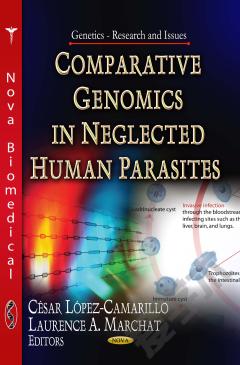Foundations of Comparative Genomics
This book provides an overview of computational analysis of genes and genomes, and of some most notable findings that come out of this work. Foundations of Comparative Genomics presents a historical perspective, beginning with early analysis of individual gene sequences, to present day comparison of gene repertoires encoded by completely sequenced genomes. The author discusses the underlying scientific principles of comparative genomics, argues that completion of many genome sequences started a new era in biology, and provides a personal view on several state-of-the-art issues, such as systems biology and whole-genome phylogenetic reconstructions. This book is an essential reference for researchers and students in computational biology, evolutionary biology, and genetics.Presents an historic overview of genome biology and its achievementsIncludes topics not covered in other books such as minimal and ancestral genomesDiscusses the evolutionary resilience of protein-coding genes and frequent functional convergence at the molecular levelCritically reviews horizontal gene transfer and other contentious issuesCovers comparative virology as a somewhat overlooked foundation of modern genome science
{{comment.content}}








 京公网安备 11010802027623号
京公网安备 11010802027623号